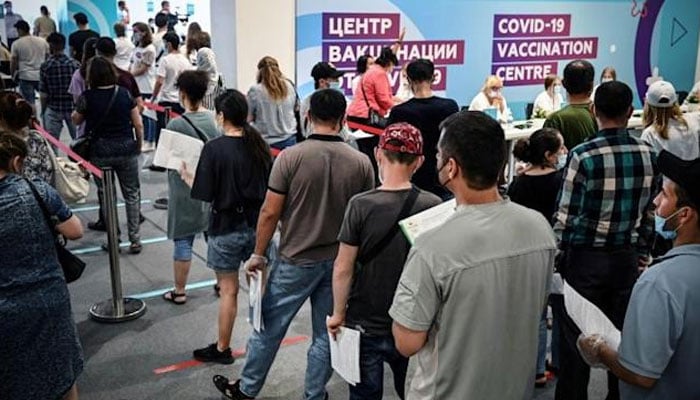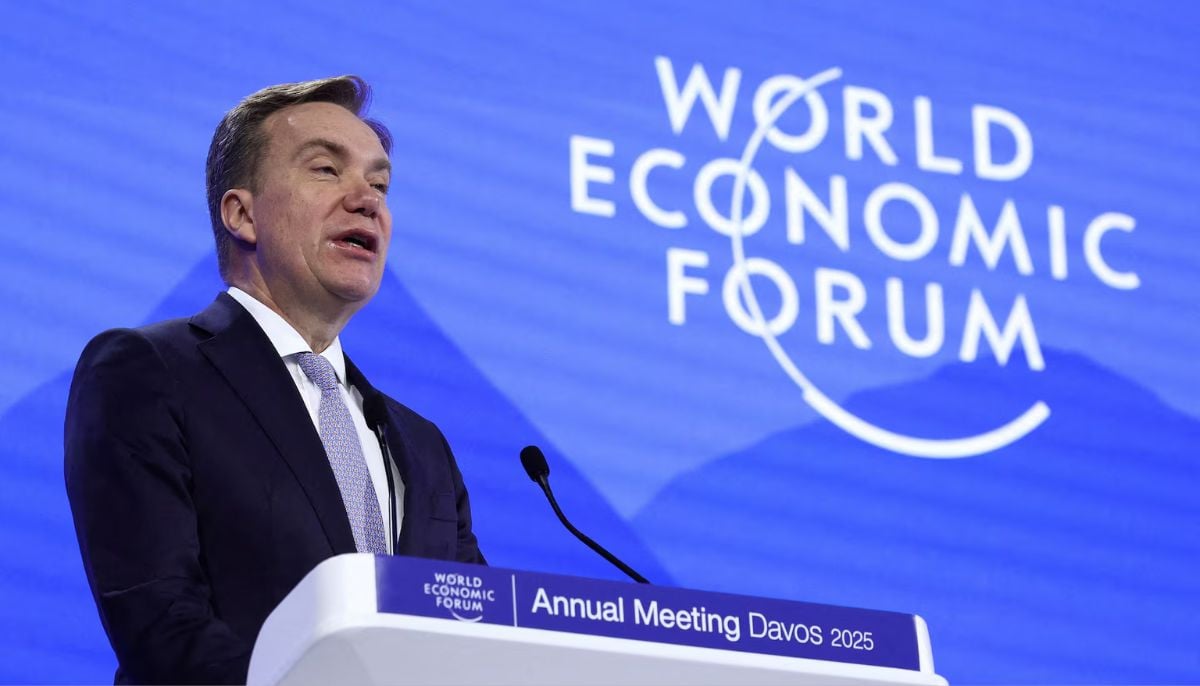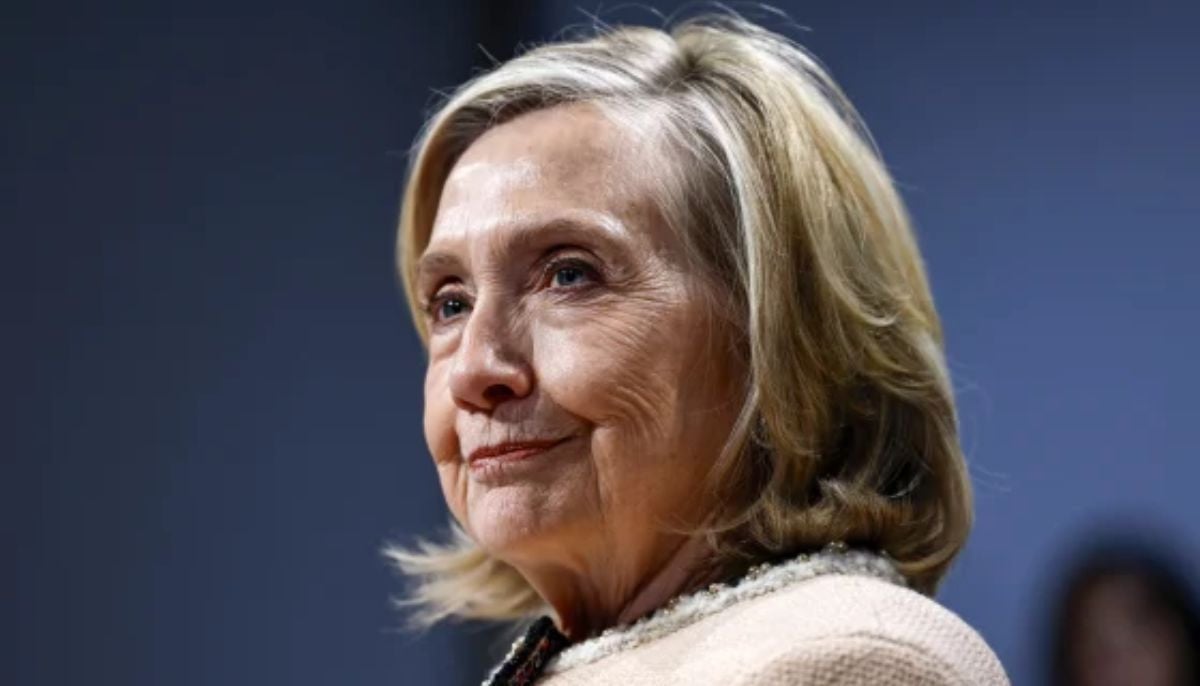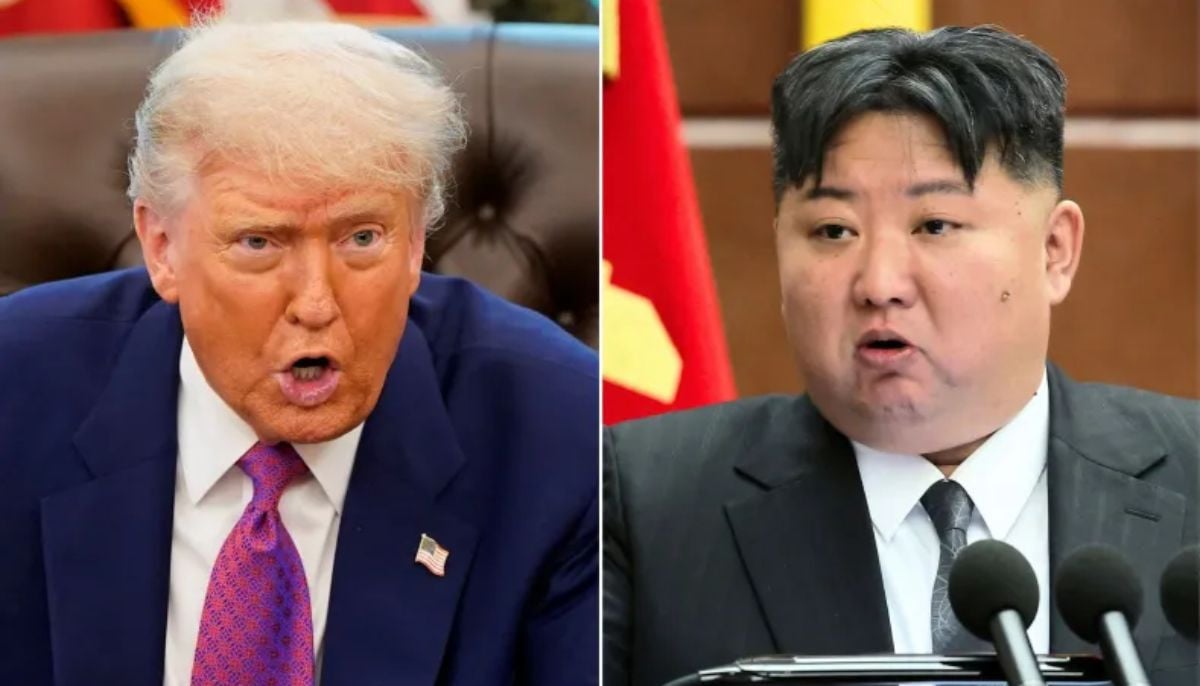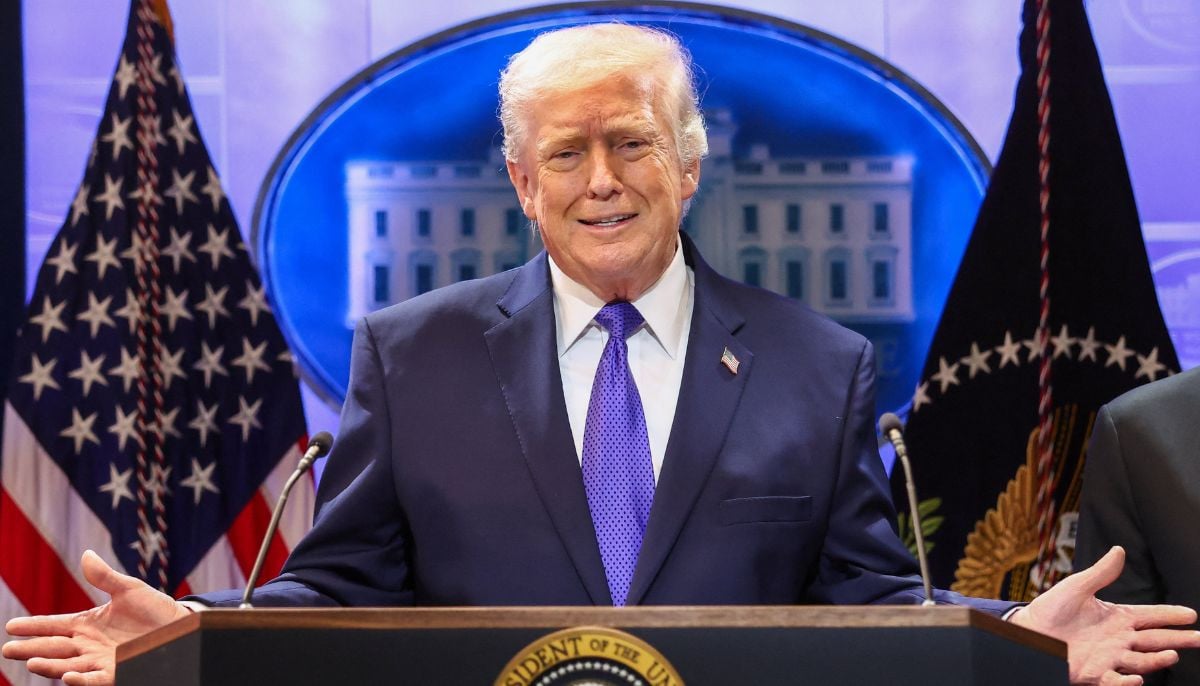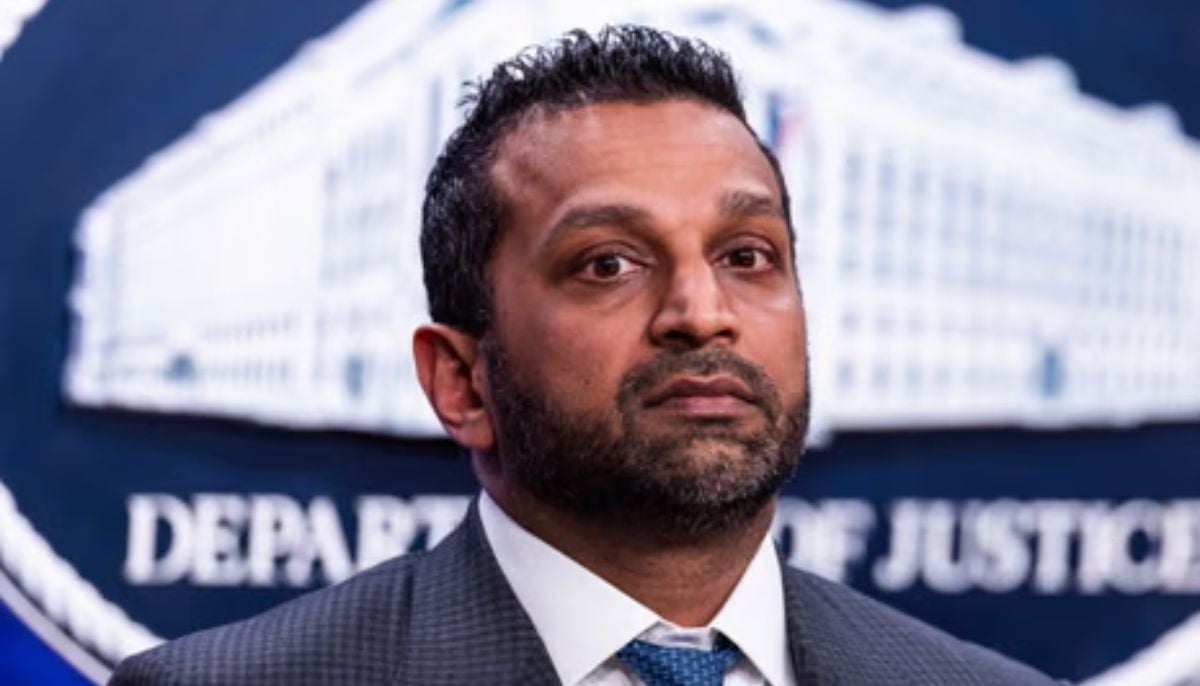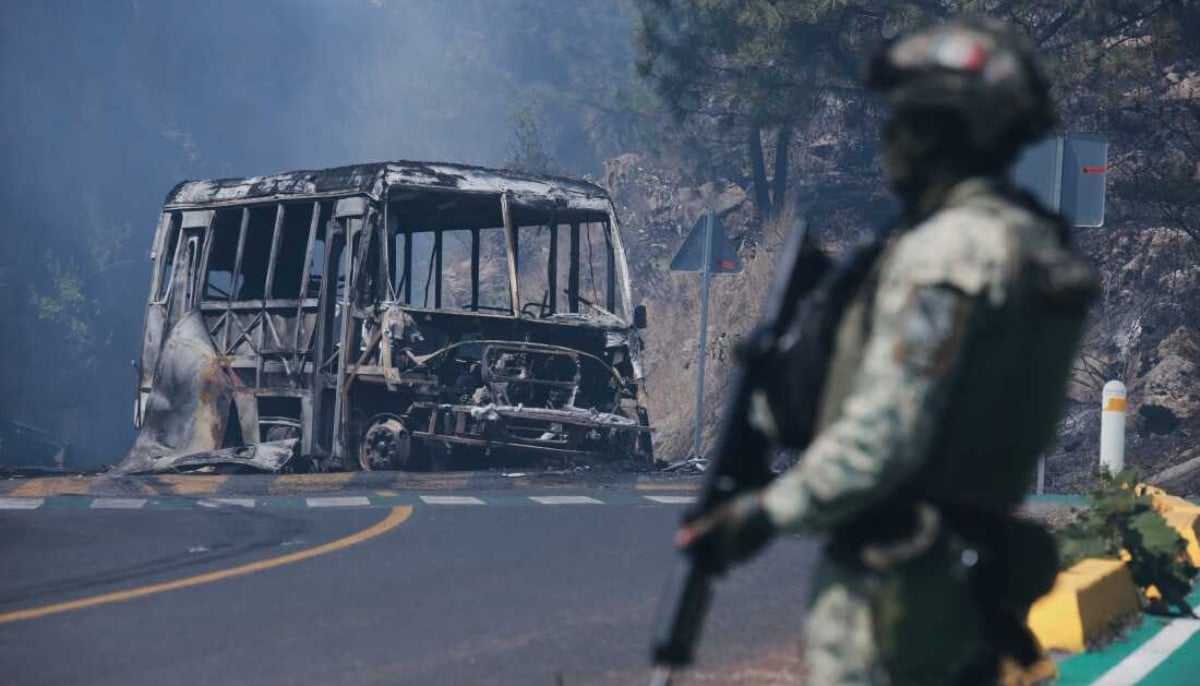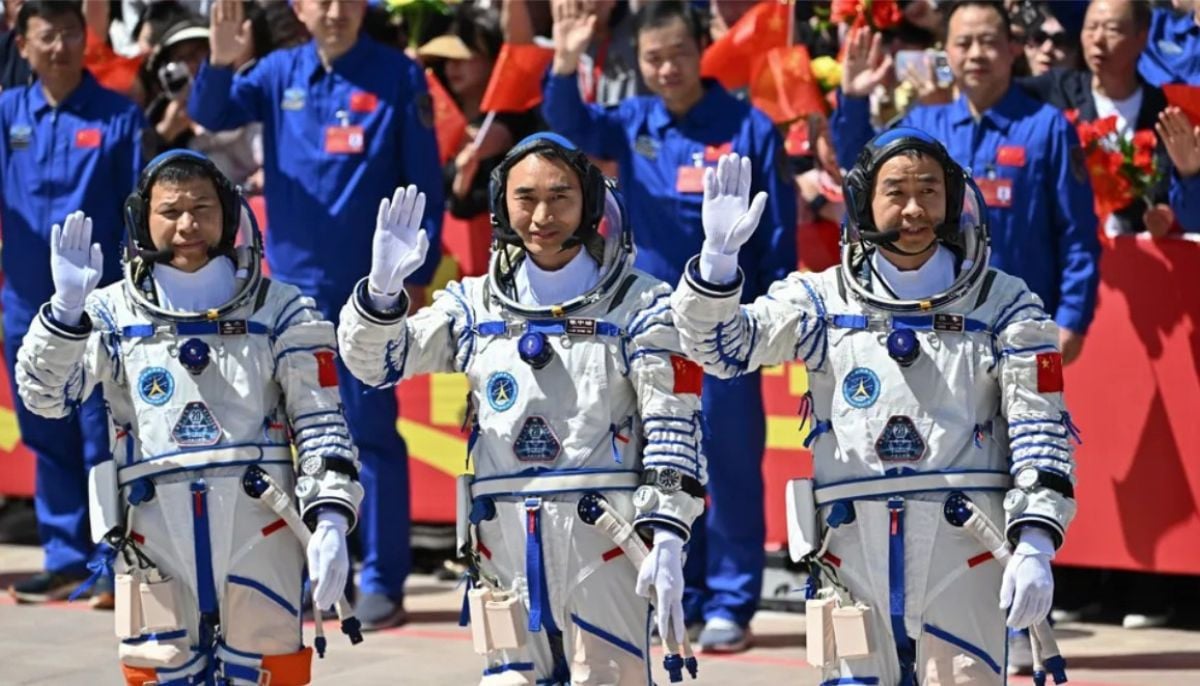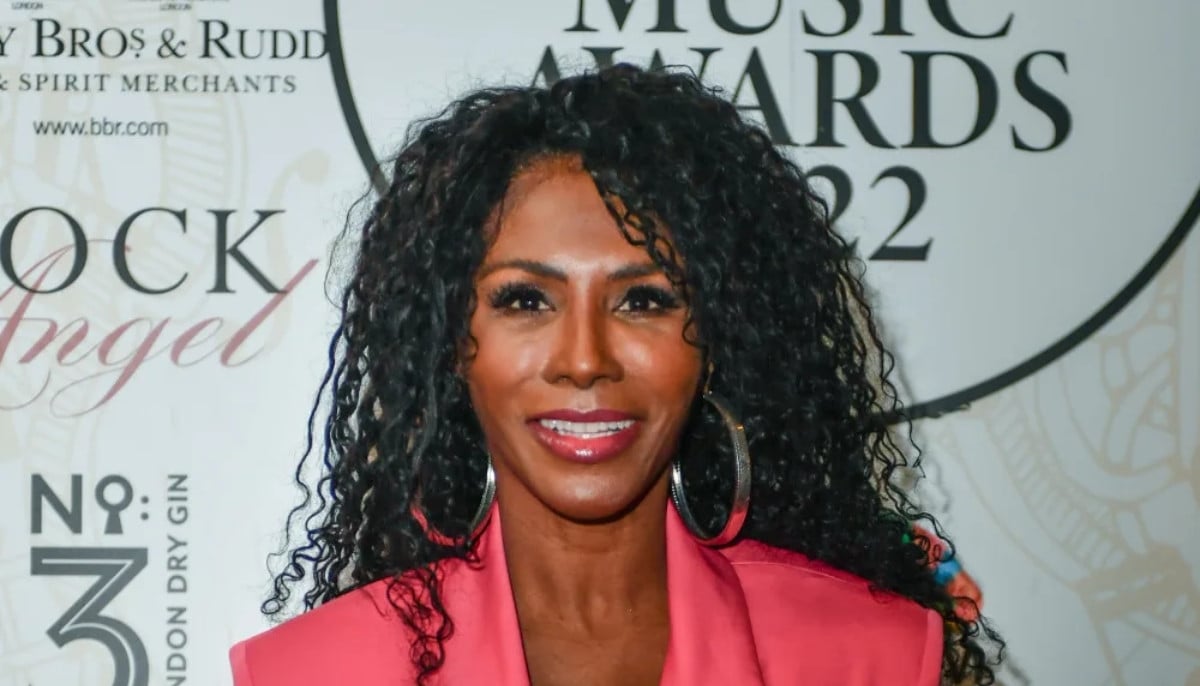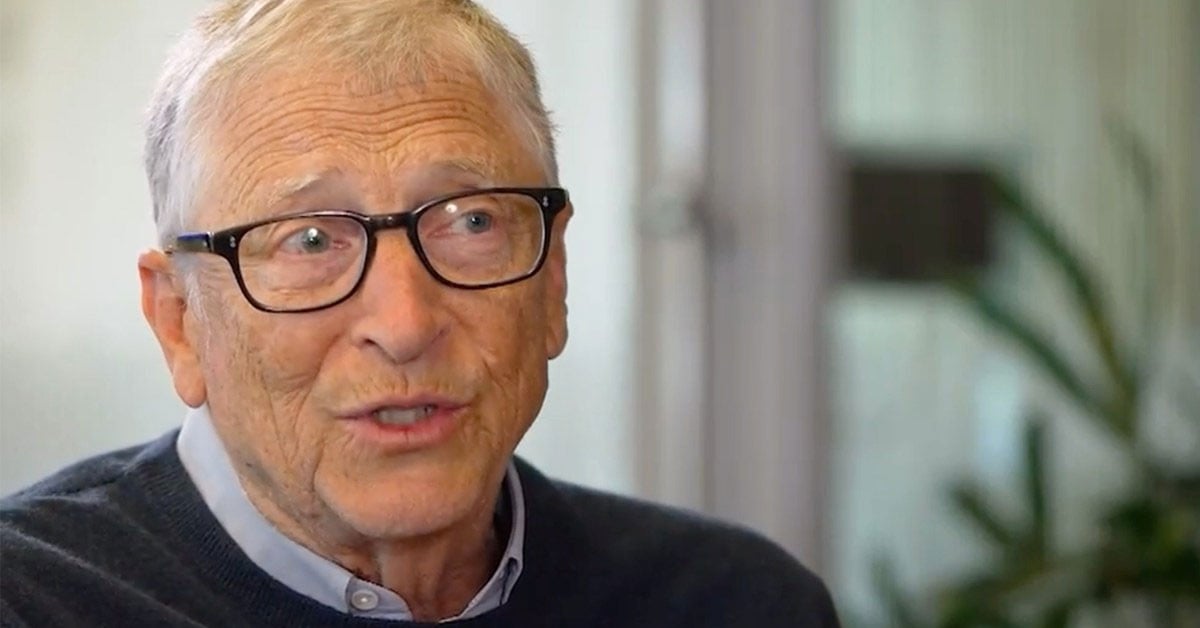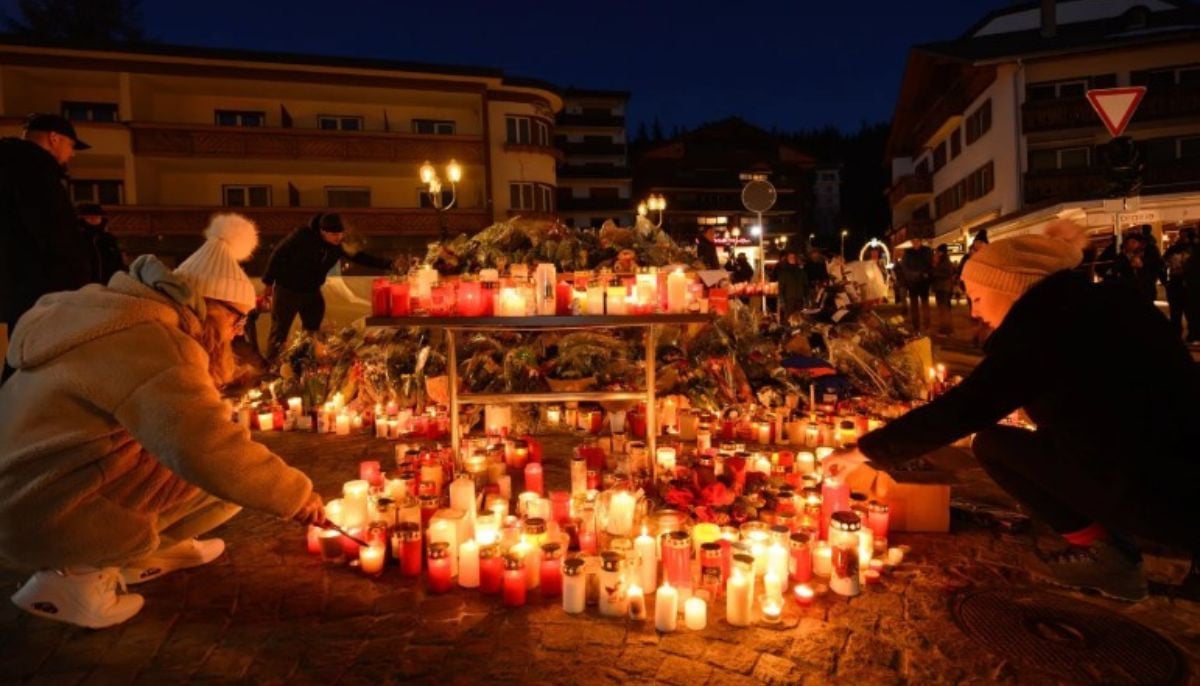Russia's population falls by historic level
Russia's ongoing demographic woes have been exacerbated by the pandemic with Rosstat figures showing more than 660,000 had died with coronavirus
MOSCOW: Russia's population declined by more than one million people in 2021, the statistics agency Rosstat reported Friday, a historic drop not seen since the collapse of the Soviet Union.
Ongoing demographic woes have been exacerbated by the pandemic with Rosstat figures showing more than 660,000 had died with coronavirus since health officials recorded the first case in the country.
The new figures continue a downward trend from the previous year when Russia's population fell by more than half a million.
The Covid-related fatalities figures published by Rosstat Friday are more than double those released by a government website tracking the pandemic that shows 329,443 total fatalities.
Russia has struggled to curb the pandemic due to a slow vaccination drive coupled with limited restrictive measures and rampant non-compliance with mask-wearing in public places.
The pandemic death toll exacerbates the demographic crisis, linked to low birth rates and a short life expectancy, that Russia has faced for the past 30 years.
Birth rates have been falling because the generation now becoming parents were born in the 1990s, when the birth rate plunged due to economic uncertainties after the collapse of the Soviet Union.
The number of births per woman stands at around 1.5, well short of the minimum of 2.1 necessary to renew the population.
- Economic concerns -
Russia's shrinking population has been at the top of President Vladimir Putin's domestic agenda since he came to power over two decades ago.
In addresses to the nation, Putin frequently encourages Russians to have more children and live a healthier lifestyle to improve life expectancy.
The government has introduced a number of financial incentives for parents with more than one child, such as cash bonuses and favourable mortgage rates.
During his annual press conference last December, Putin stressed that 146 million people is not enough for the country from a "geopolitical standpoint" and leaves labour shortages.
He added that it is important to show that it is a "joy to have children" and that there is "no greater happiness in life and in the world".
"The demographic crisis is definitely a failure of the state's policies," said Sergei Zakharov, a demography expert at the Higher School of Economics based in Moscow.
He told AFP that measures to increase the birth rate encourage families to have children earlier but don't change how many children they want in total.
He said the government's influence on birth rates is "limited" and shifting births to an earlier period will result in a "demographic gap" in the future.
For Stepan Goncharov of the independent Levada Centre pollster, the low birth rate is connected to widespread "uncertainty about the future".
Living standards in Russia have continuously deteriorated since 2014, with the economy strained by repeated Western sanctions, dependence on the oil and gas sector and widespread corruption.
"People haven't stopped buying and their income and savings have reduced," Goncharov said.
According to last year's survey by recruitment website SuperJob, 43 percent of Russians do not have any savings.
"People are not setting money aside and are not planning the future of the family," Goncharov added.
-
Kash Patel fires FBI officials behind Trump Mar-a-Lago documents probe, reports say
-
Cuban government says boat full of armed men fired on border guards, killing 4
-
FIFA World Cup security concerns spike after recent cartel violence in Mexico
-
Passenger wins £10,000 payout from Heathrow Airport after 100 ml liquids dispute
-
Chinese astronauts finally reveal why spacecraft left them ‘stranded’ for 437 days in space
-
Sinitta makes shock admission about marriage to Andy Willner post Simon Cowell heartbreak
-
Bill Gates calls ties to Jeffrey Epstein 'huge mistake,' reveals past 'affairs'
-
Switzerland announces one-time compensation for Swiss bar fire victims
